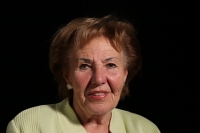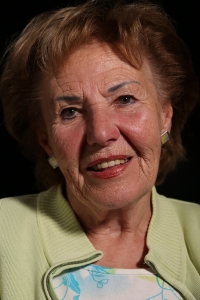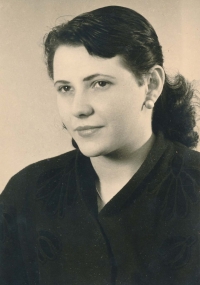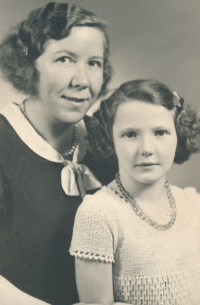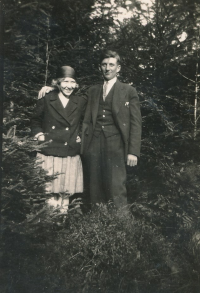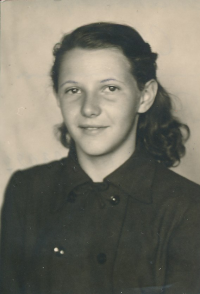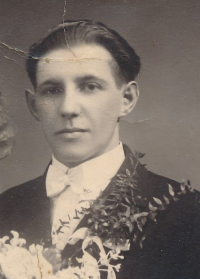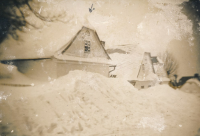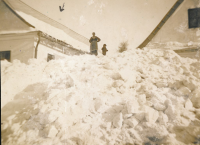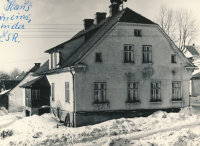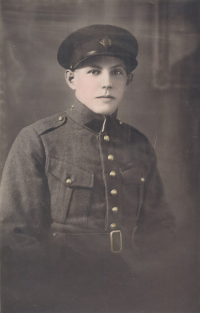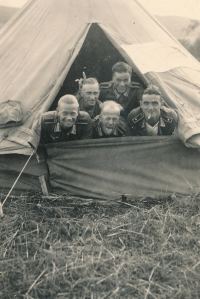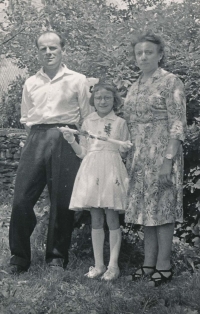We were allowed to stay, but without people it’s not a home
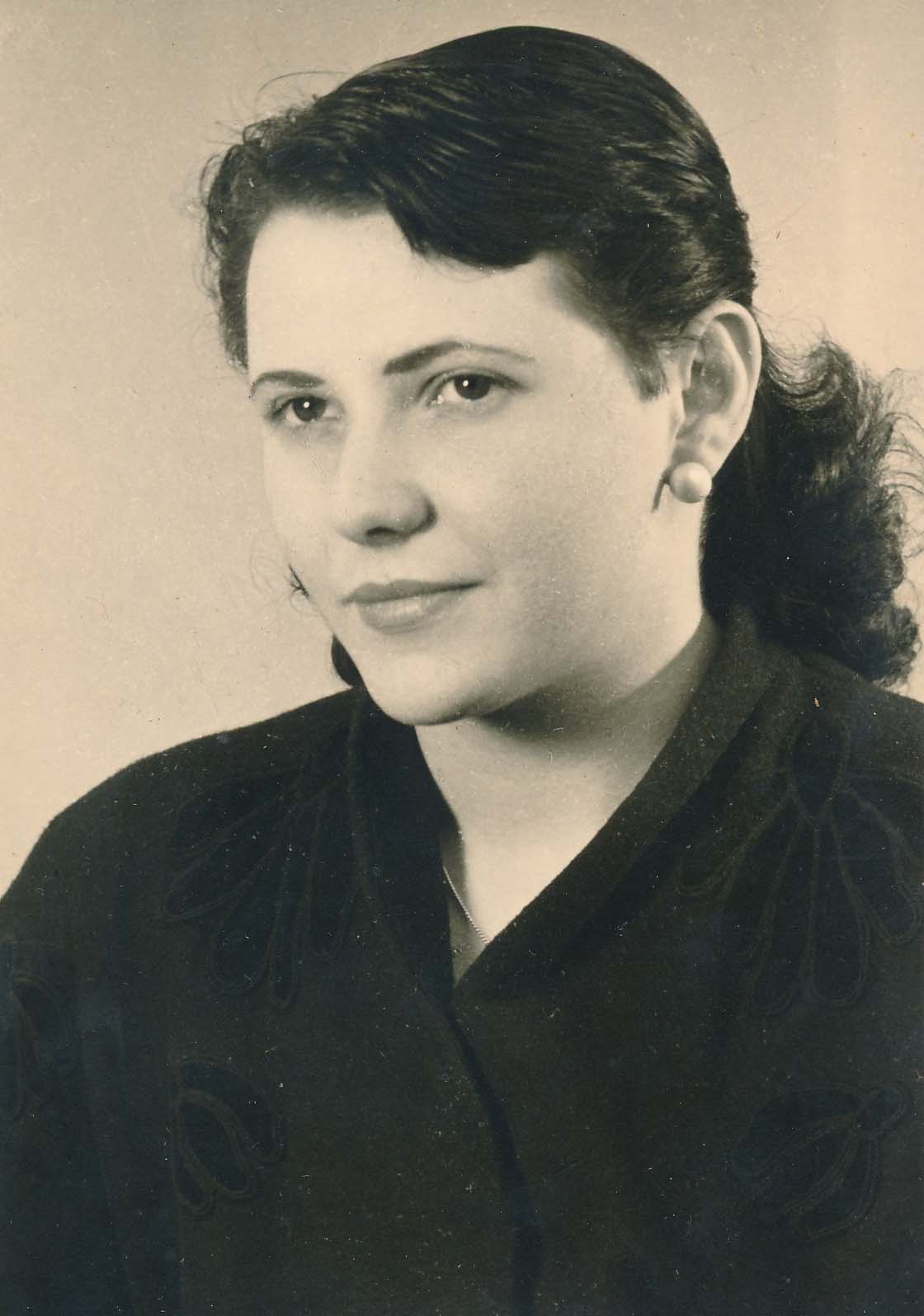
Stáhnout obrázek
Christiane Müller, née Bittner, was born on 4 November 1938 to a family of German social democrats in Horní Město (Bergstadt in German) near Rýmařov (Römerstadt). Horní Město, just like the whole Sudety, was part of the German Reich during the war. Her father was a house painter who had to close down his business during the war and enlist, and he died in 1943 at Stalino, USSR (today Donetsk, Ukraine). Near the end of the war, many Germans from Horní Město retreated from the approaching Red Army, however the Bittner home actually housed Soviet soldiers. Somewhat later Czechs and Slovaks turned up in the town and were assigned German property, forcing the inhabitants to move out. But the Bittners, as social democrats and essential workers, remained. Christiane started attending a Czech school, at first only watching and copying things down, but in the end she learnt Czech. In 1950 her mother decided to voluntarily leave in a transport that was organised to Germany, to join their relatives. She had to pay the Czech state for the property she brought with her. After a stay at the concentration camp at Furth im Wald, the mother and daughter eventually settled down in Bavaria, where Christiane Müller lives to this day. She still likes the Czech language and anthem.
